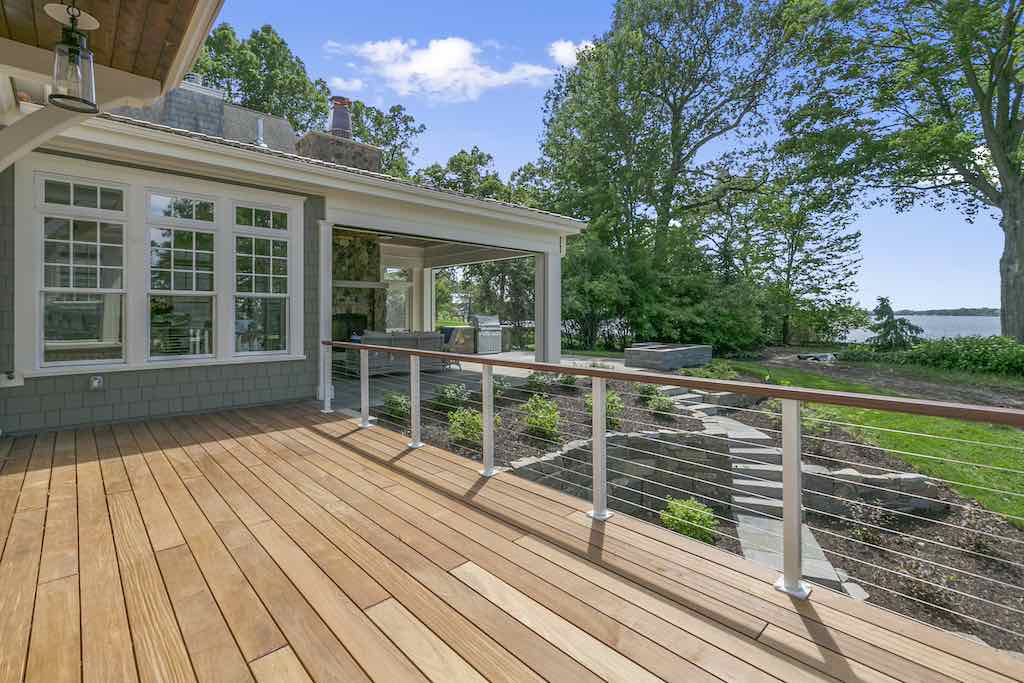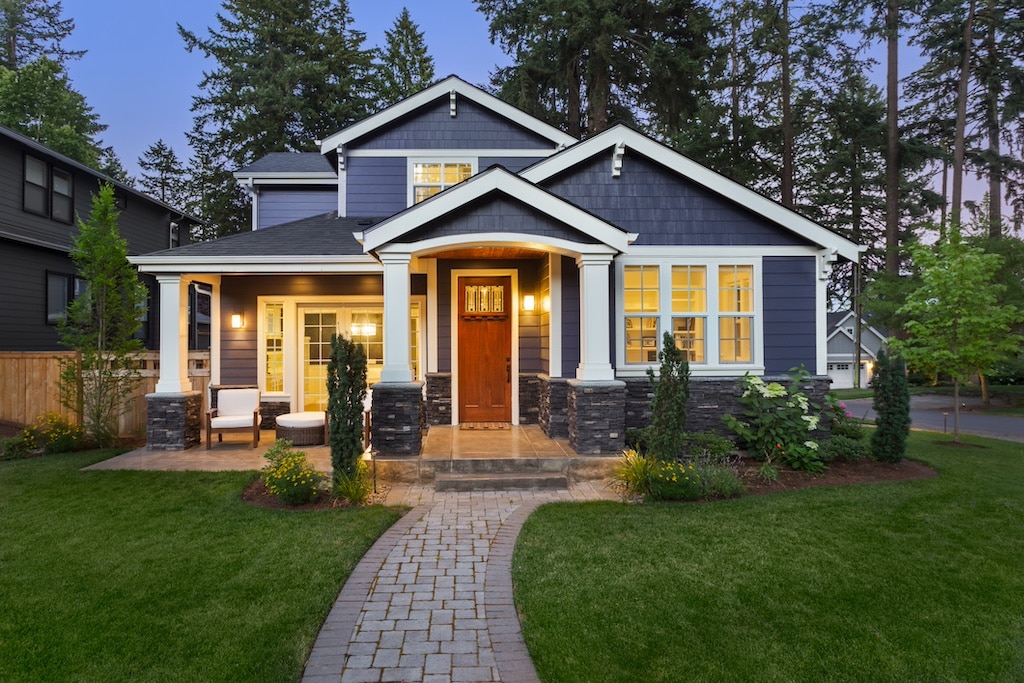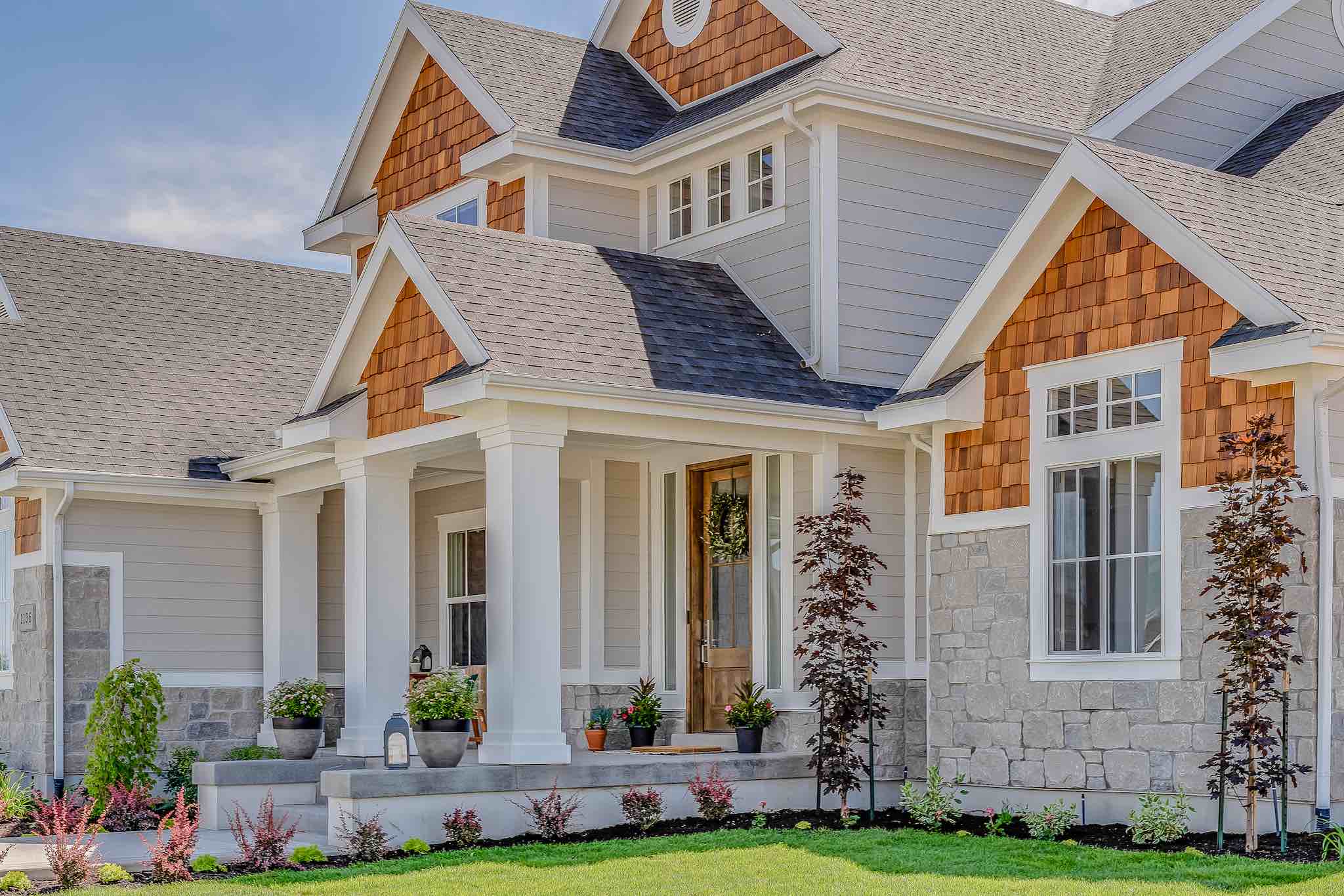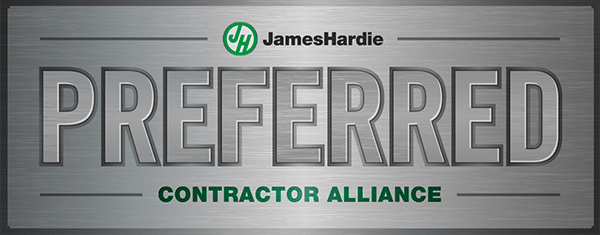When planning a new deck for your home, one of the biggest decisions you’ll face is choosing the right decking material. Two of the most popular options are traditional wood and modern composite decking. Each comes with its own set of pros and cons, and the right choice depends on your lifestyle, budget, and long-term goals.
Selecting The Right Material For Your Deck In Monmouth County NJ
The Look and Feel
Wood decking offers a natural, warm aesthetic that many homeowners love. Its organic texture and grain patterns create a timeless appearance that blends beautifully with most landscapes. Species like cedar, redwood, and pressure-treated pine are commonly used and can be stained or painted to suit your style.
Composite decking, on the other hand, is made from a blend of wood fibers and recycled plastic. Thanks to technological advancements, today’s composite boards mimic the look of real wood surprisingly well—without the imperfections or inconsistencies. Brands like Trex and TimberTech offer a variety of colors and textures, many of which resemble exotic hardwoods.
Durability and Maintenance
This is where composite decking really shines. Unlike wood, composite boards won’t splinter, warp, rot, or attract termites. They’re resistant to fading, moisture, and mold, making them an excellent choice for coastal or high-humidity climates like we often see in New Jersey.
Wood decks require more hands-on maintenance to stay in good shape. You’ll need to sand, stain, or seal your deck regularly—typically every 1–2 years—to protect it from the elements. Without proper care, wood can deteriorate more quickly, especially in harsh weather conditions.
Cost Considerations
Initial cost is often the deciding factor for many homeowners. Wood is generally less expensive up front, which makes it appealing for budget-conscious projects. However, the cost of ongoing maintenance—stains, sealers, and repairs—adds up over time.
Composite decking has a higher initial investment, but the long-term savings in maintenance and replacement costs can outweigh the upfront expense. Many composite manufacturers also offer warranties ranging from 25 years to limited lifetime coverage, giving you peace of mind.
Environmental Impact
Both options can be eco-friendly in their own way. Sustainably harvested wood is renewable and biodegradable. Composite decking often contains recycled materials and reduces the need for deforestation, but it’s not biodegradable and requires more energy to manufacture.
So, Which One is Right for You?
- Choose Wood if you love the look of natural materials, don’t mind regular maintenance, and want a lower upfront cost.
- Choose Composite if you want low maintenance, long-term durability, and a sleek modern appearance that holds up in all weather conditions.
At Schaefer Remodeling, we help homeowners across New Jersey design and build beautiful, functional decks using both wood and composite materials. If you’re unsure which option is best for your home, we’re here to guide you every step of the way—from materials to design to installation. Contact us today for a free consultation and let’s start building the outdoor space you’ve always dreamed of.




